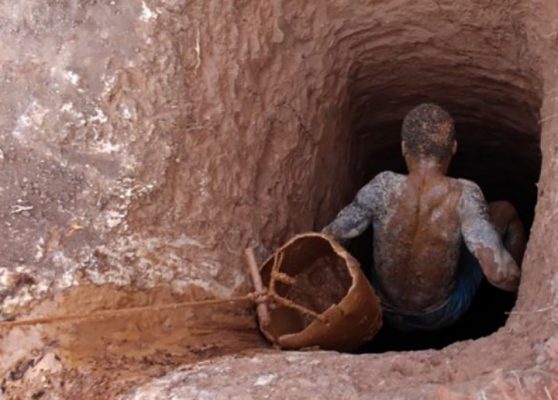The Chief Executive Officer of the Zimbabwe Miners Federation (ZMF) Wellington Takavarasha has warned that artisanal miners are at great risk of being affected by the coronavirus scourge that has claimed more than 40 000 lives globally.
In a presentation made with a senior lecturer in International Development at the University of Edinbrugh, Sam Spiegel, Takavarasha said artisanal miners are at a huge risk of contracting the virus.
“Everyone’s well-being is at stake here, everyone’s health will suffer as long as the virus spread multiplies. People with existing immune system conditions, lung disease and the elderly are particularly at risk, but anyone can die from the virus,” Takavarasha said.
“Artisanal mining communities are likely to be among the seriously impacted populations, but paradoxically because the virus is wreaking havoc on all facets of the economy, artisanal mining is likely to continue to be a widespread survival and food security strategy despite the risks.”
He said the decision to implement a lockdown must be weighed against the implication it will have on vulnerable groups. The government imposed a 21-day national lockdown which began on Monday this week to contain the virus.
Takavarasha said the ZMF has begun an intensive awareness campaign about the virus to its constituencies.
“Many artisanal and small scale miners are likely among the most vulnerable groups already facing disproportionately high risks of lung infection and dust pneumoconiosis. Many artisanal and small scale miners are working in groups, crowding gold outcrop areas and numbering thousands in such places as Umsasa and Jumbo, Wonderer Mine in Shurugwi, Urtna in Kadoma and Makaha areas,” Takavarasha said.
“These areas are without hygiene, clean water or toilets. A mixture of bold general steps by national policymakers and very specific contextual steps are needed.”
He said the increased awareness by the government to artisanal miners would “reduce panic, prevent chaotic confusion, guard against undue fear and weave public health programming into the very fabric of current relationships”.
Zim Independent
.png)




